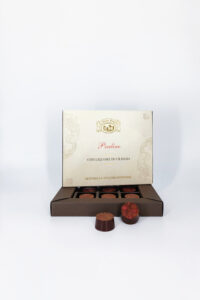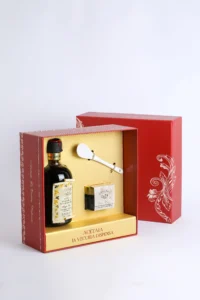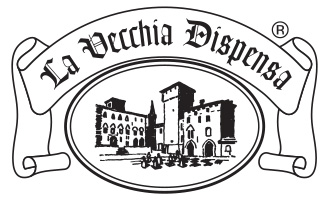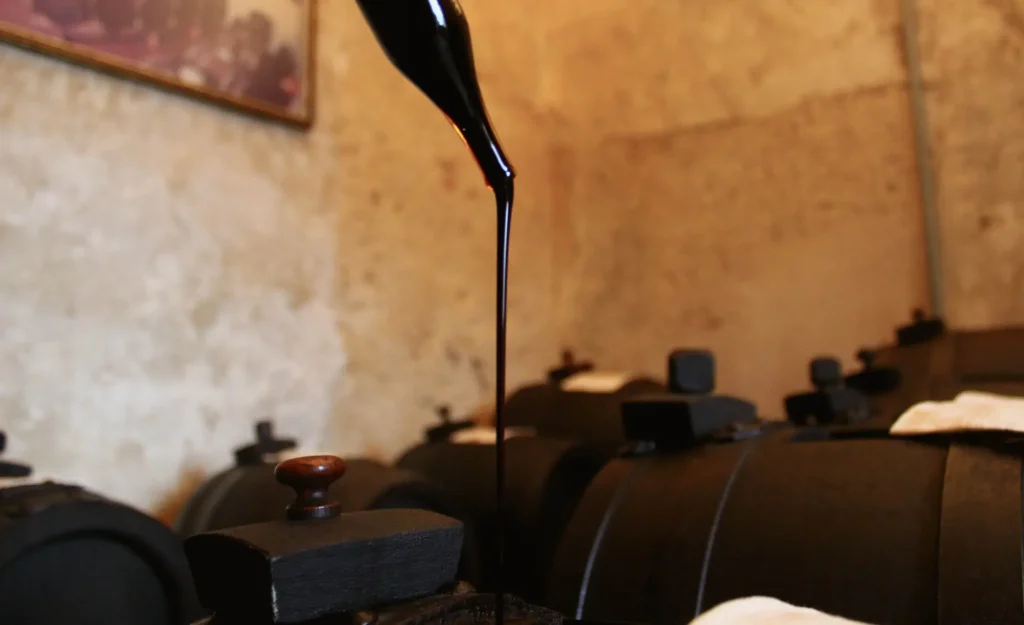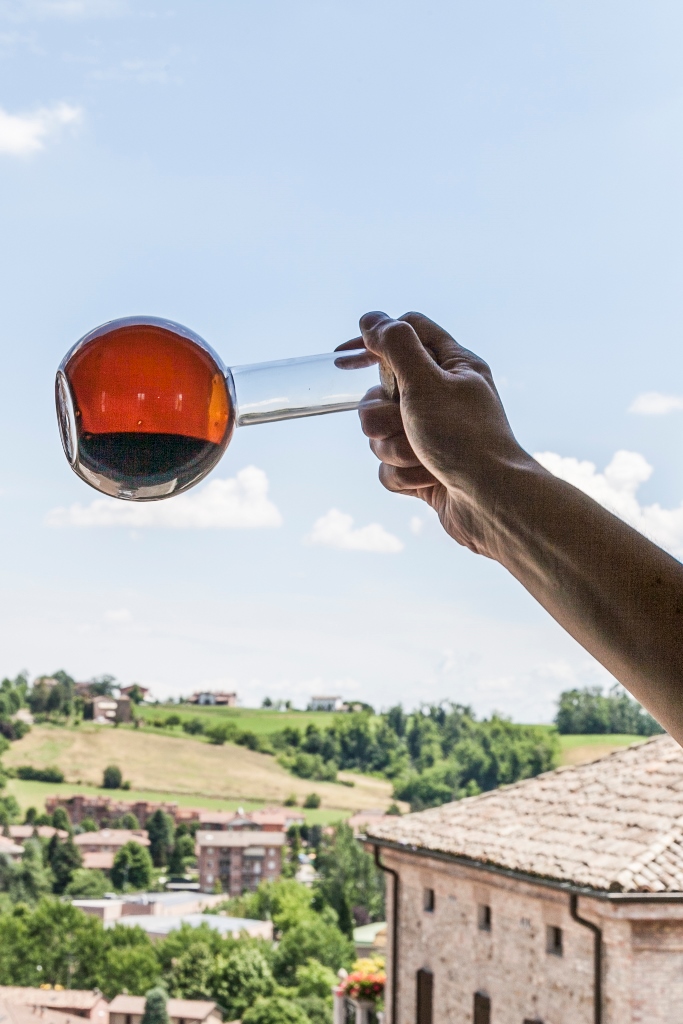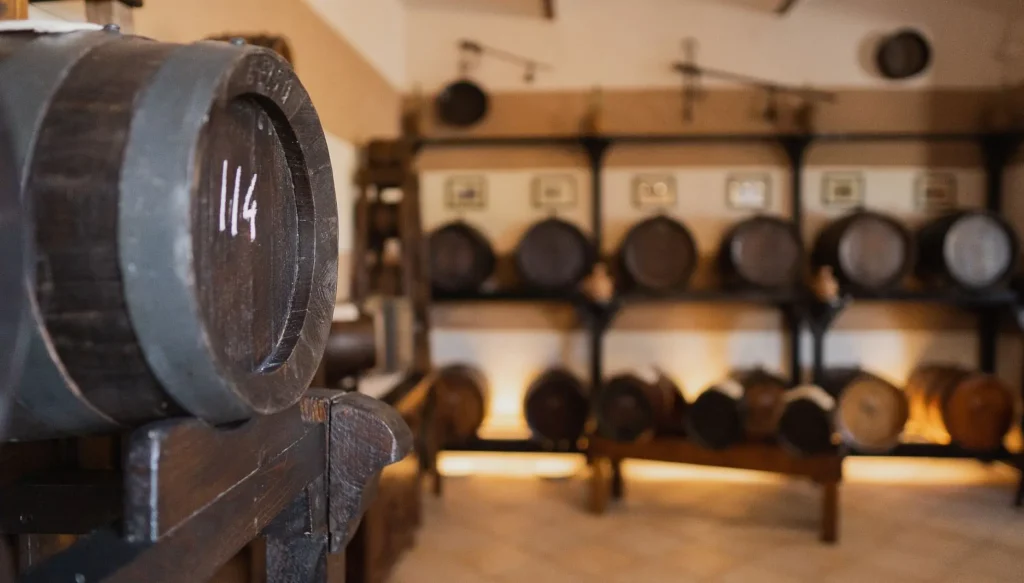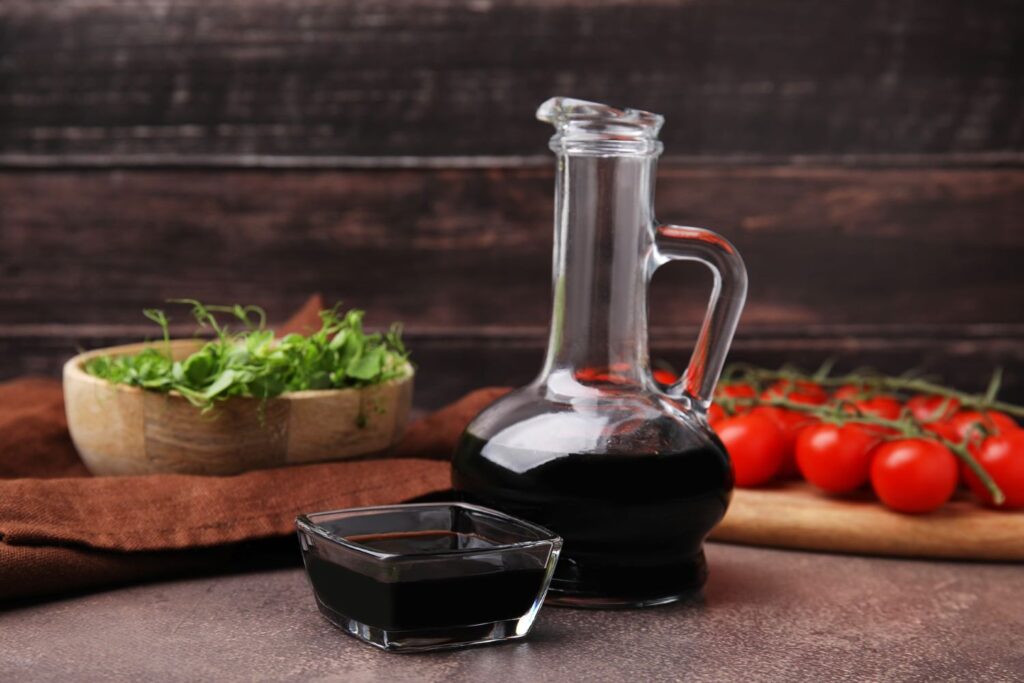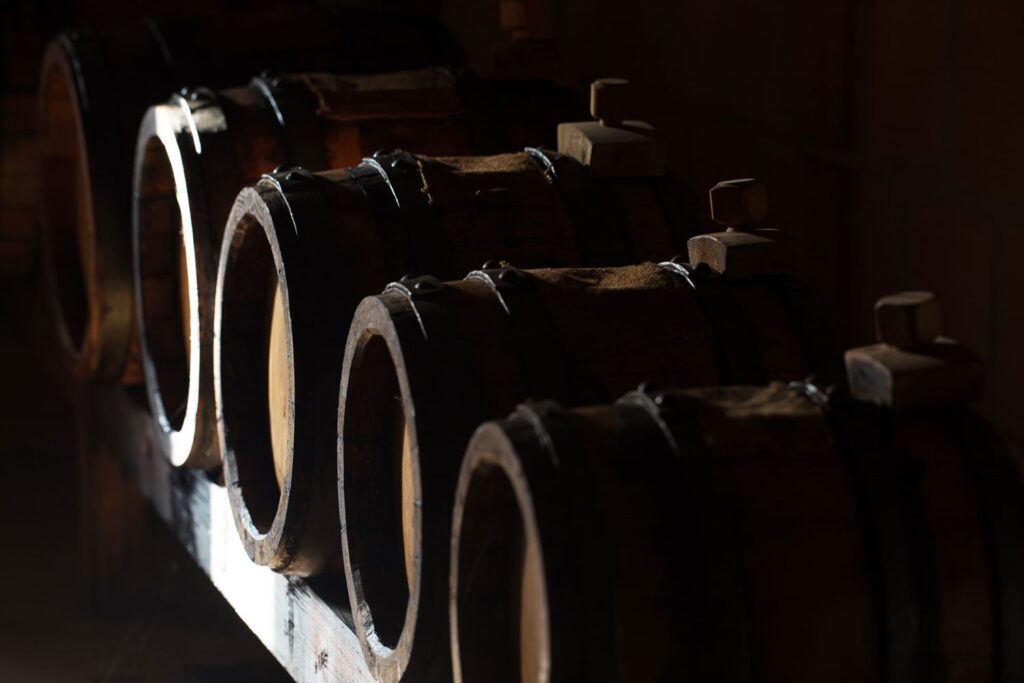Balsamic Vinegar of Modena is not a simple condiment. It is a product of unique characteristics, which can be enjoyed in a thousand ways to enrich the most different meals. Therefore, it is legitimate to wonder, whether Balsamic Vinegar, like other foods, has an expiry date.
A very general answer to this question would be no, Balsamic Vinegar of Modena does not have an expiry date, since vinegar is a natural preservative and it has a long, potentially unlimited shelf life. Anyway, the question is more complicate and requires some clarifications, which will help us to understand better the product we have in hand and how to store it better.
Balsamic Vinegar Expiry Date: Several Clarifications.
Before asking ourselves how long Balsamic Vinegar lasts and if it has an expiry date, first, we have to understand clearly what product we are talking about. Today on the market, there are many products that contain the word “balsamic” and all of them are made differently. Traditional Balsamic Vinegar of Modena PDO is one thing. Balsamic Vinegar of Modena PGI is another. Then there are all the other products that may be produced following only several production indications, and that for some reason do not fall under the quality schemes of controlled geographical indications. There is an undefined number of different products based on balsamic vinegar, such as creams and glazes, that contain a series of ingredients in addition to vinegar, like for example thickeners.
Among these four categories of products, the only one that does not have a specific expiry date is Balsamic Vinegar of Modena PGI, which is a blend of the cooked grape must and wine vinegar, and it gets classified as a real vinegar. Being such, by law it is not subject to expiry date indication. Still, it may happen that expiry date gets specified on some industrial products. In this case, it is the personal choice of the producer. Balsamic Vinegar cannot turn inedible, on the contrary, it is often used as a preservative for other foods. Unlike wine, Balsamic Vinegar once open will not alter its characteristics, becoming something different from vinegar.
Traditional Balsamic Vinegar of Modena PDO, obtained only and exclusively from the cooked grape must, is classified as a condiment. According to law, it is subject to the expiry date indication. By convention, this expiry date is of 10 years from the bottling, which is undoubtedly a long time. However, even in this case we are talking about a vinegar, and therefore of a preservative. The expiry date is purely indicative, for Traditional Balsamic Vinegar is unassailable at room temperature. The protected denomination of origin itself guarantees that this product has particular characteristics (in particular the Ph and a certain degree of acidity) sufficient to make the vinegar “eternal”. The Traditional Balsamic Vinegar by “La Vecchia Dispensa”, bottled by the Consortium in the Giugiaro bottle, is a product that lasts way more the 10 years indicated on the package.
All the other balsamic vinegars, which are not produced according to the regulation, or the ones that do not have the quality requisites to obtain PDO or PGI certification, are defined as condiments. Therefore, they must report the expiry date on the package.
Finally, creams and glazes are products that contain balsamic vinegar along with other ingredients, some of which could change over time. Like any other food condiment, such as mustard or mayonnaise, once the package is opened they must be kept in the refrigerator and consumed in a limited period of time.
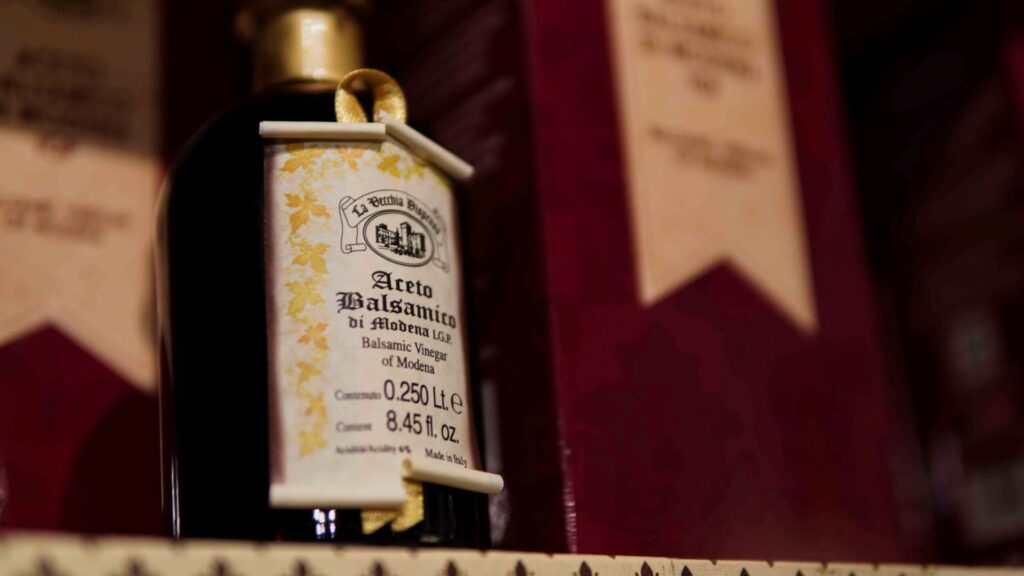
The Correct Storage of Balsamic Vinegar.
As we have seen, Balsamic Vinegar of Modena PGI does not go bad. The Traditional Balsamic Vinegar of Modena PDO has an expiry date, but it remains equally unassailable at room temperature, even after the bottle gets opened. However, this does not mean that the vinegar cannot change over time: flavor, aroma and consistency could undergo alterations if the vinegar is not stored correctly.
How do we store balsamic vinegar? Contrary to what we might think, exposure to light is not a problem for the correct conservation of balsamic vinegar. Unlike oil, in fact, vinegar is not sensitive to light. Instead, first, we must pay attention one thing: the closure of the bottle.
As any other liquid, the vinegar can evaporate if left exposed to the air and temperature excursion. Evaporation means alteration of the original characteristics: the vinegar loses acidity, getting sweeter and more concentrated, and sometimes it forms deposits. Sweetness and density may also be characteristics appreciated in balsamic vinegar, but we must always consider that each balsamic vinegar is a perfect harmony of aromas, flavors, acidity and consistency, which make it unique and allow it to obtain the PDO or PGI certification. Without those specific organoleptic characteristics, our vinegar will lose its uniqueness and perfection. If we talk about a Traditional Extra Vecchio Balsamic Vinegar of a certain level, we understand how important it is to preserve all the qualities that give it its preciousness!
In summary, preserving Balsamic Vinegar is one of the easiest things in the world because it is a precious but resistant product: you just need to store it in a dry place away from excessive temperature changes – and close the bottle tightly with its cork.
Your vinegar will last as long as you want… once you taste it, the only problem will be being able to resist without finishing it!

